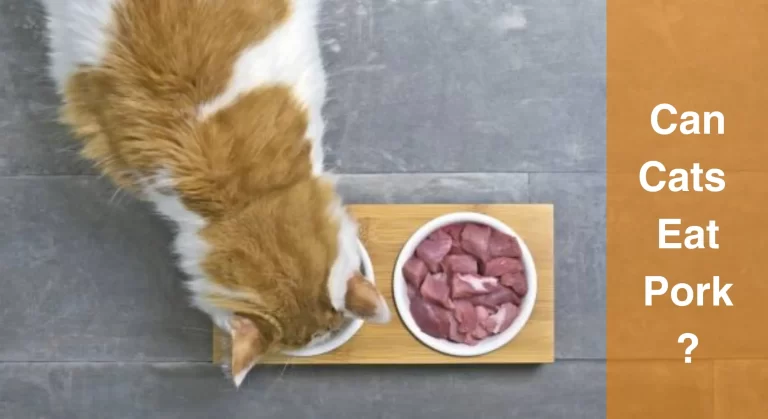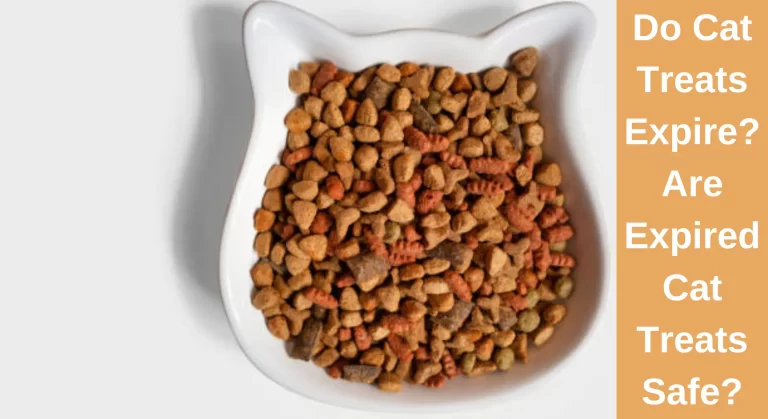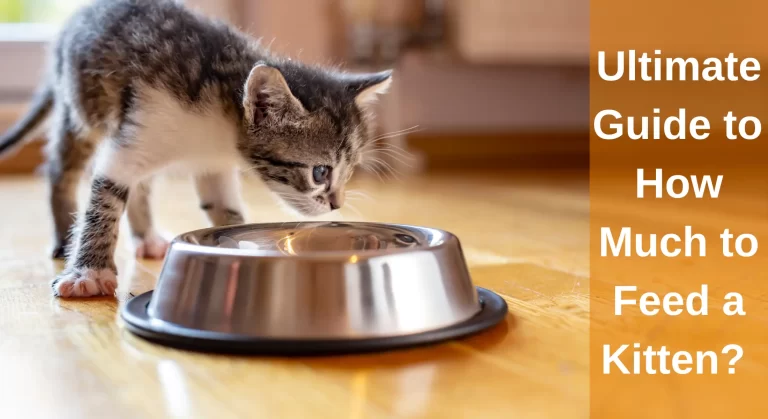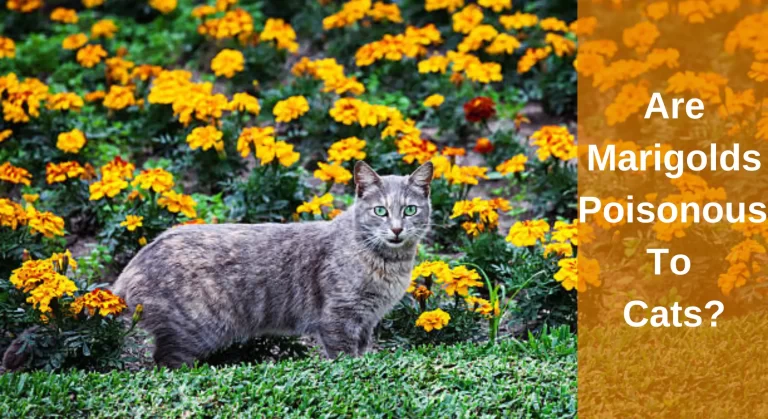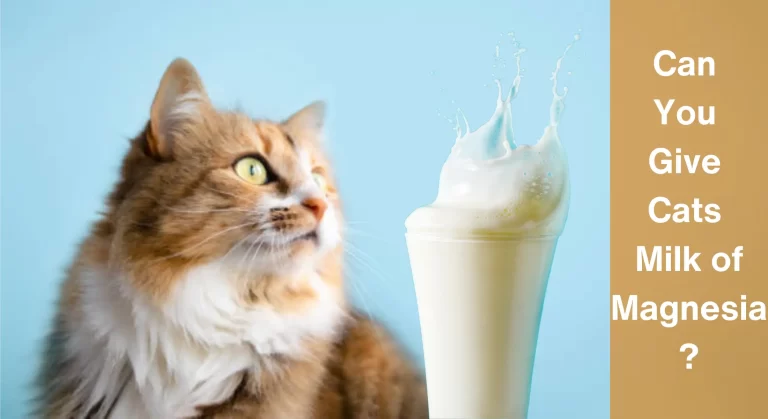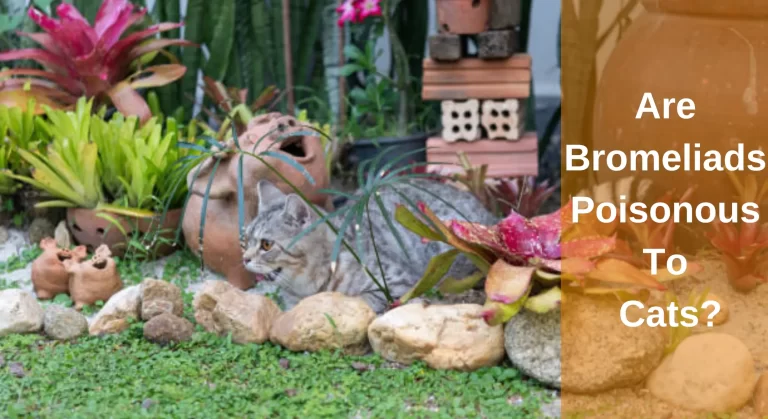Can Cats Drink Cold or Warm Milk? Is it Safe? Things You Need to Know
Most of us have this image ingrained in our heads of cats enjoying a bowl of milk, but is it something they should drink in reality? One common question that arises is “Can cats drink cold or warm milk.” Can milk make them sick? It is a general rule of thumb to never give cats human food. Does this apply to milk?
Technically, Cats can drink cold or warm milk, but it is not recommended. Milk can cause digestive upset in adult cats, including diarrhea, vomiting, and gas. Some cats may be lactose intolerant, which means they cannot digest lactose, the sugar in milk. If you do choose to give your cat milk, it is best to give them occasionally in small amounts as a treat and see how they react.
In this article, we will explore the topic and shed light on the effects of milk on cats, the importance of understanding their digestive system, and provide alternatives to milk that are suitable for feline consumption.
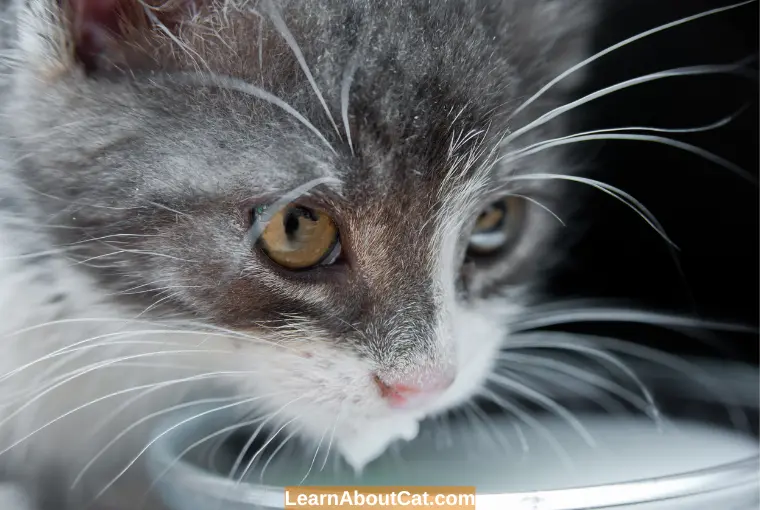
The Digestive System of Cats
Before examining the compatibility of cats with milk, it is imperative to gain a comprehensive understanding of their intricate digestive system. Being obligate carnivores, cats are biologically adapted to predominantly process meat.
Furthermore, their enzymatic composition lacks the crucial components required for the breakdown of lactose, the sugar content commonly found in milk. This vital information evaluates the suitability and potential consequences associated with feline milk consumption.
Lactose Intolerance in Cats
Lactose intolerance is prevalent among adult cats. As kittens, cats produce an enzyme called lactase, which helps break down lactose in their mother’s milk. However, as they mature, their production of lactase decreases significantly. This reduction in lactase levels leads to lactose intolerance, where cats may experience digestive issues when consuming milk.
Check Out: Can You Give Cats Milk of Magnesia? Things You Need To Know
Do Cats Prefer Cold Milk?
Cats find cold milk refreshing, especially in the warmer months. Even though it makes them sick, cats do seem to enjoy milk. Especially cold milk, as they find it thirst-quenching and refreshing. However, many cats are lactose intolerant, which means their bodies do not have the enzyme lactase.
So, in general, cats cannot break down and digest the sugar lactose, leading to a sick cat with symptoms of vomiting, diarrhea, abdominal pain, bloating, and watery stools.
Not only that, the high-fat content in milk will make your cat obese if milk is made part of its diet. Milk does not reach your fur ball’s nutritional requirement and can simply make them very sick.
Find Out: Can Cats Eat String Cheese?
Can Cats Drink Boiled Milk?
No, cats cannot drink boiled milk as they are lactose intolerant. The benefit of boiled milk is that it does kill off some bacteria that can cause infections in your furry friend (and you). However, it is still milked with lactose in it.
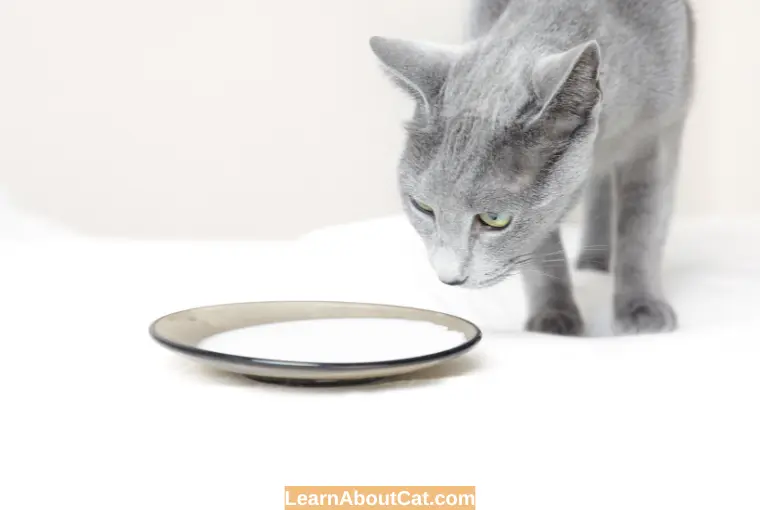
Since they cannot digest lactose, the sugar pulls out water content and is fermented by bacteria in their intestines, causing loose stools, abdominal pain, vomiting, diarrhea, and dehydration. It’s better to keep your feline away from milk.
Therefore, boiled milk is not a suitable alternative for cats with lactose intolerance. It is best to avoid offering boiled milk to your feline companion.
Interesting Read: Can Cats Drink Buttermilk?
Does Cat Milk Have To Be Warm?
No, it is not necessary for cats that their milk be warm. They prefer milk between 36 to 38 degrees Celsius.
When cats are born, they rely solely on their mother’s milk, so they have the enzyme lactase in their intestine. At 4-6 weeks, they ween off of mom’s milk; however, it seems that their craving for milk is still present.
If this is the case, you can try to give your feline one to two tablespoons of milk and observe them for 24 hours. If your furry friend remains healthy, it could be that it is not lactose intolerant (few cats retain the lactase enzyme). However, vets do not recommend trying this.
Aso Cat milk, available in pet stores, is formulated to be a suitable alternative for lactose-intolerant cats. This specialized milk is lactose-free and designed to cater to the nutritional needs of felines. Cat milk typically comes in liquid or powdered form and does not require warming before consumption. It can be served at room temperature or slightly chilled.
Check Out: Can Cats Drink Oat Milk?
Is Warm Milk Safe For Cats?
While cats enjoy warmth and comfort, Milk, regardless of its temperature, is not safe for cats. It is not toxic. However, it will lead to a very sick cat with digestive issues and dehydration. Your cat will have sticky gums, trouble grooming itself, and loss of appetite.
You will find your furry friend particularly lethargic. Not only that, if milk is given regularly, your furball will put on a few pounds due to the high-fat content in milk.
Milk does not reach your cat’s nutritional requirements and contains excess fat, so you will have an overall, very unhealthy and sick pet.
Is Warm Milk Good For Kittens?
Yes, warm milk is suitable for kittens. Warm milk has been traditionally associated with nurturing and soothing effects.
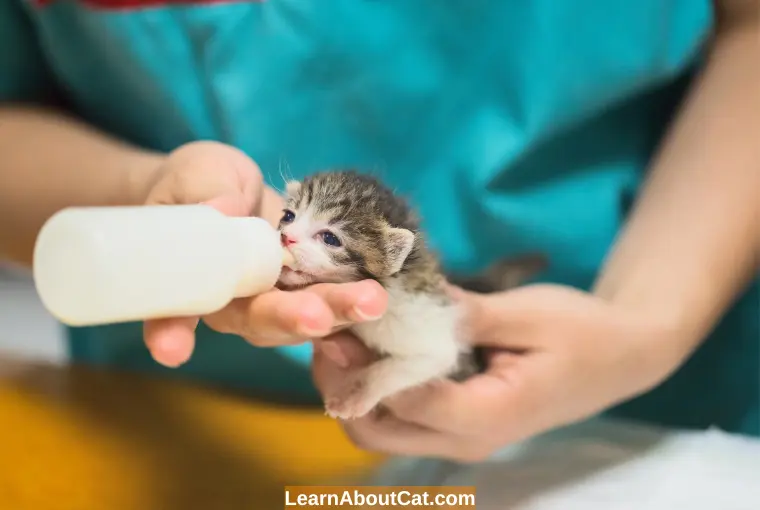
Kittens have the enzyme lactase as they are solely on mother milk. Keep your kittens in their mother’s milk until 4-6 weeks, and do not give them cow’s milk. There’s nothing more perfect for a kitten than its mother’s milk.
If you have a kitten separated from its mother, give it a kitten milk replacer from a baby’s bottle at a lukewarm temperature. It should not exceed 100 degrees Fahrenheit and should not be hot to the touch.
Kitten milk replacers are specifically formulated to provide the necessary nutrients for their growth and development. Warm milk, especially cow’s milk, does not meet the nutritional requirements of kittens and should be avoided.
Make sure they have one feeding of mother’s milk before you sleep so you can get a good night’s rest. Kittens need to be fed every 2-3 hours when they are born. This interval increases with every passing week.
| Question | Answer |
|---|---|
| Can I give my kitten cold milk? | No, kittens should not be given cow’s milk, as they are lactose intolerant. |
| Is warm or cold milk better for kittens? | Warm milk is generally better for kittens than cold milk, as it is easier for them to digest. |
| Is it OK to give a kitten warm milk? | Yes, it is OK to give a kitten warm milk, as long as it is not too hot. |
Can Kittens Drink Cold Milk?
It is not advisable to offer cold milk to kittens. Feeding them cold milk can prove to be detrimental due to their delicate digestive systems. The lactose present in cow’s milk poses a significant challenge for kittens, impeding their ability to efficiently digest it. When subjected to cold milk, these challenges escalate, resulting in distressing symptoms such as diarrhea, vomiting, and various other stomach problems.
If you do give a kitten cow’s milk, it is preferable to ensure that it is warmed to room temperature or slightly warmed to facilitate digestion. It is also important to exercise caution in the quantity of milk provided to prevent potential weight gain and associated health complications.
Can Cats Drink Almond Milk?
While almond milk is a preferred choice for individuals with lactose intolerance, it is not suitable for cats. Almond milk lacks the necessary nutrients required by felines and may lead to nutritional deficiencies if given as a regular part of their diet.
Also, almond milk is a high caloric value. An average feline (considering its 10 pounds in weight) needs about 200 calories per day; a cup of almond milk has 100.
Also, almond milk might contain artificial sweeteners like xylitol which is highly toxic for cats, so avoid anything with artificial sweeteners and preservatives. It is best to provide specially formulated cat milk or consult with a veterinarian for suitable alternatives.
Frequently Asked Questions
Can cats drink a small amount of milk occasionally?
While some cats may tolerate a small amount of milk occasionally without any issues, it’s important to monitor their reaction and consider alternative milk options that are specifically formulated for cats.
Can cats drink regular cow’s milk?
No, regular cow’s milk is not suitable for cats as it contains lactose, which most adult cats cannot digest properly.
What if my cat accidentally consumes milk?
While incidental consumption is unlikely to have dire consequences, it is crucial to remain observant. Monitor your feline companion for any signs of digestive disturbance, such as the unfortunate duo of vomiting or diarrhea. In the presence of these telltale indicators, promptly reach out to your trusted veterinarian for expert advice and guidance.
Can cats drink goat milk?
Goat milk is preferable over cow’s milk as it contains a comparatively lesser amount of lactose, so there is a better chance your feline might tolerate it. Keep in mind that it still contains lactose, so your cat can definitely get sick. To keep the fat content in check, skimmed goat milk may be a better option.
Can cats drink soy milk?
Soy milk is technically safe for cats and is used in many cat foods as a source of protein, however, many pets are allergic to soy. Hence soy milk should be avoided in cats with food allergies.
What are some alternative treats for cats?
When seeking alternative treats for cats, explore the vast range of options available in the market. From the enticing realm of freeze-dried meat treats to meticulously formulated cat-specific delicacies, these alternatives offer a diverse selection of flavors and textures that cats can relish without the concern of digestive issues.
Conclusion
While cats may be attracted to milk, it is important to remember that most adult cats are lactose intolerant. Regardless of temperature, giving your cat milk is not a good idea.
Instead of milk, it is recommended to offer fresh water as the main source of hydration for cats. If you need to give your cat a treat, go for other options like lactose-free milk (specifically formulated for cats), bone broth, or goat’s milk, and that too in moderation.
Who is Isabella?
My name is Isabella, and I am a dedicated and knowledgeable cat enthusiast. With years of experience caring for cats and a deep love for felines, I made a mission to help other cat lovers navigate the challenges of cat ownership.

